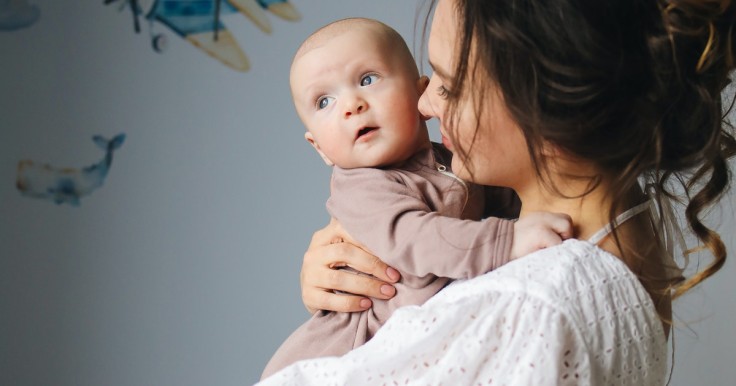Recent research reveals that moms can experience postpartum depression three years after the baby's birth. Although experts already knew that postpartum depression and anxiety can come up anytime until three years, there was not enough evidence about this claim.
However, just recently, more evidence surfaced regarding this matter.
According to Dr. Andrea Favini told TODAY Parents that this is a kind of knowledge that is relevant to the field. Dr. Favini is a psychiatrist at Pittsburgh's Allegheny Health Network. She said, "It's really important to have studies like this to show that there is variation and how symptoms progress over time."

READ ALSO : 5 Ways to Support Moms After Giving Birth
The research
The study that revealed that moms can experience postpartum depression three years after the baby's birth was conducted by researchers from the American College of Obstetricians and Gynecologists. The research appeared in the Diagnostic and Statistical Manual of Mental Disorders 5 (DSM5).
According to the study, the PPD among moms can last or even start any time up to a year after birth.
Dr. Favini adds that in addition to the research, it would also be helpful for parents and doctors to know and understand the perinatal period, the impacts of mood disorders, and a lot more.
Dr. Favini said, "Women who are presenting to treatment a little bit later or their symptoms are coming up almost two years postpartum - they think this can't possibly be postpartum depression."
The importance of knowing more about postpartum depression
A lot of experts agree that knowing more about the late discovery of postpartum depression is important. However, some experts, like Dr. Samantha Metzer-Brody said that there is still some information that is not indicated in the recent study. One of these is the reason as to why there are moms who only experience PPDs later in their life.
Experts, however, are highly suggesting that more support should be given to women and mothers.

READ ALSO : Intercourse After Pregnancy: Is It Okay?
A moms who experienced PPD
In an article by the TODAY Parents, two moms shared their stories and how being diagnosed with postpartum depression significantly helped them.
The two intended to share their stories about not having able to handle their situation earlier as a way to tell other women that it is okay to have longer-lasting postpartum depression.
The two moms emphasized that asking for help is a significant step in addressing the problem that one has to face.
